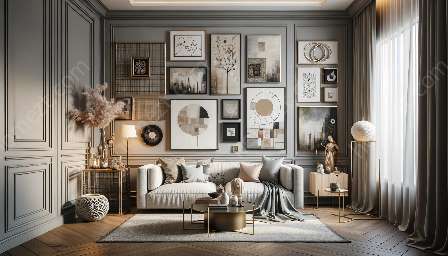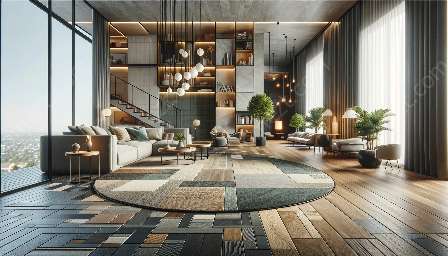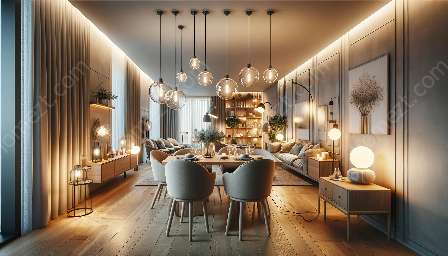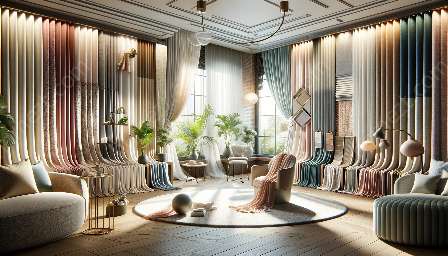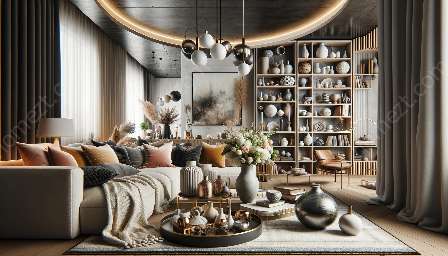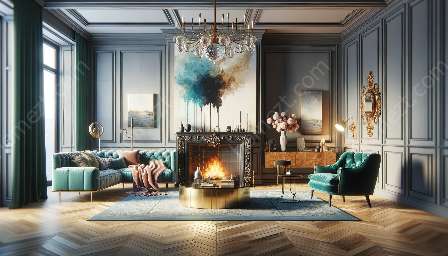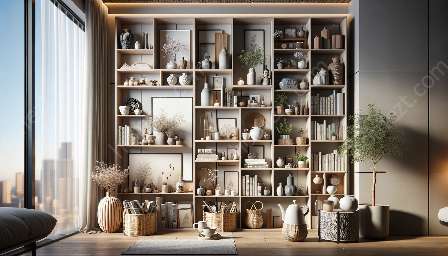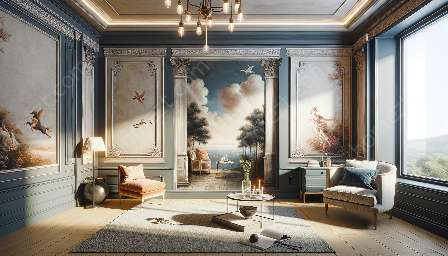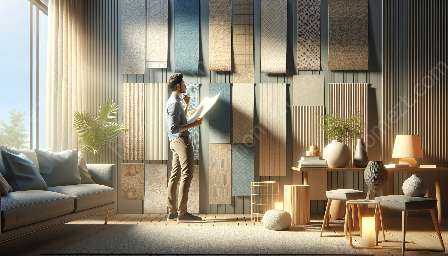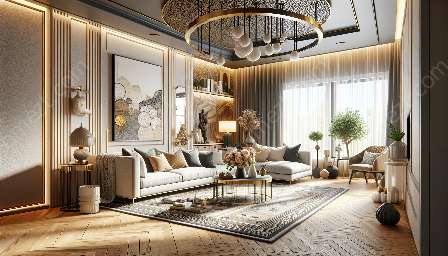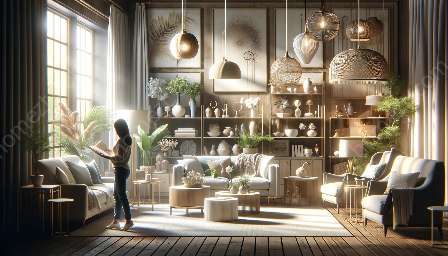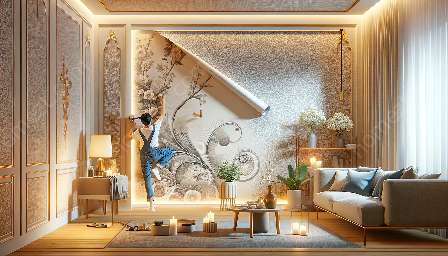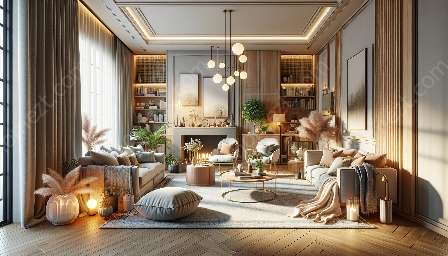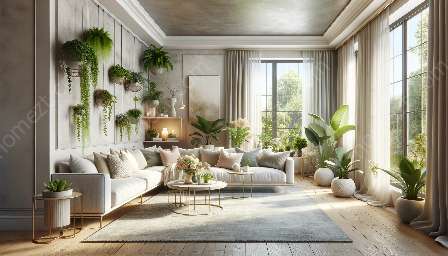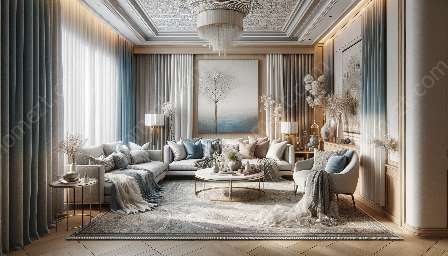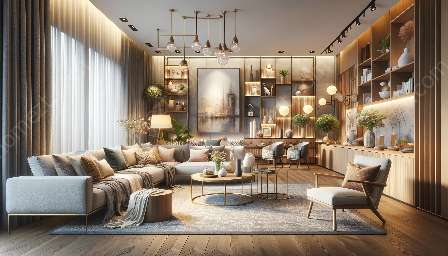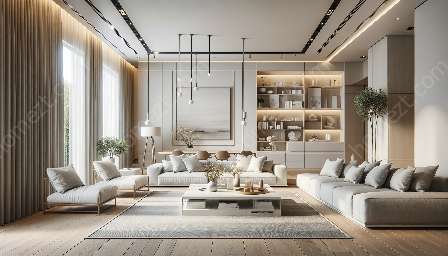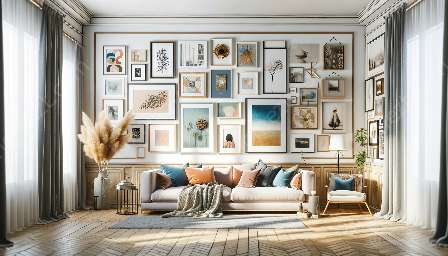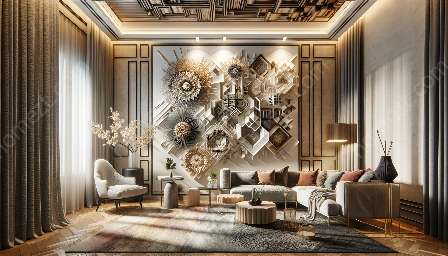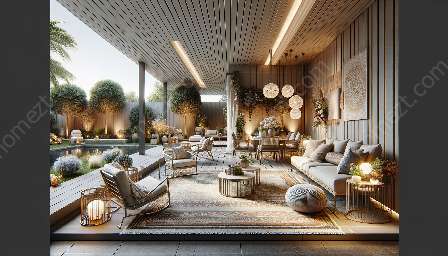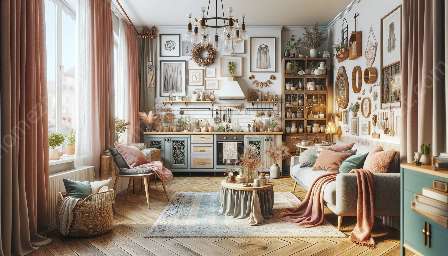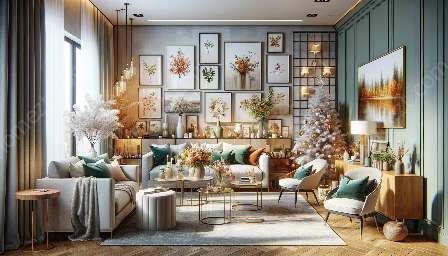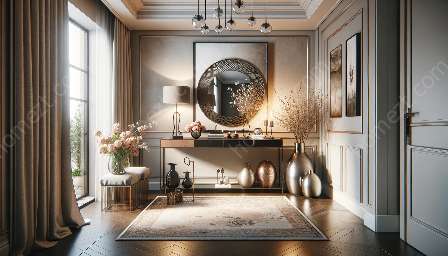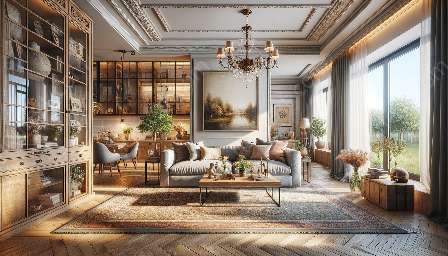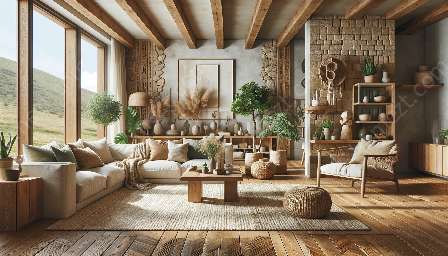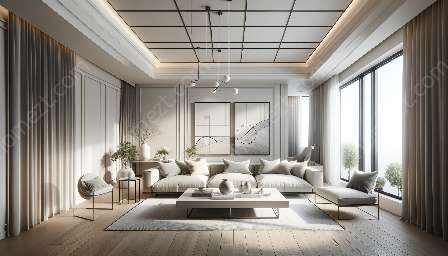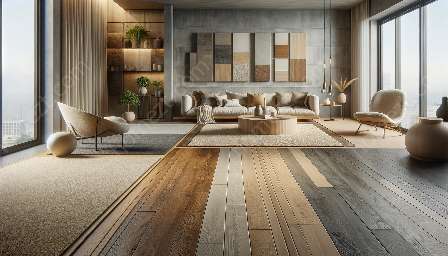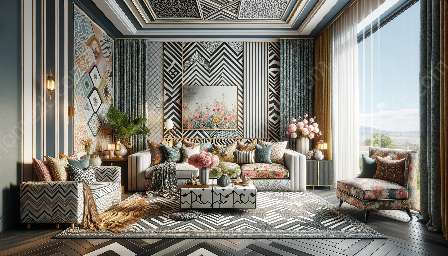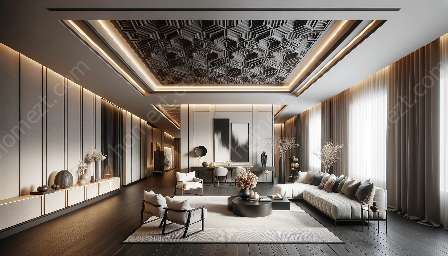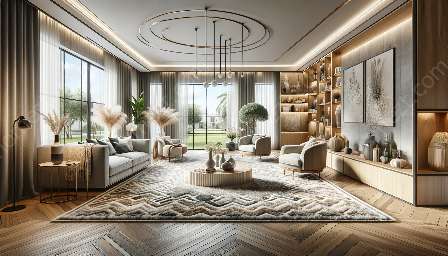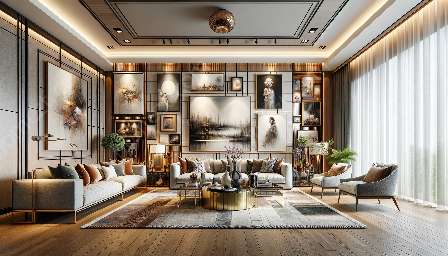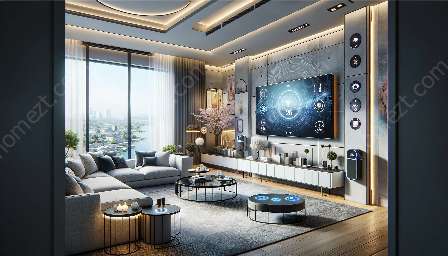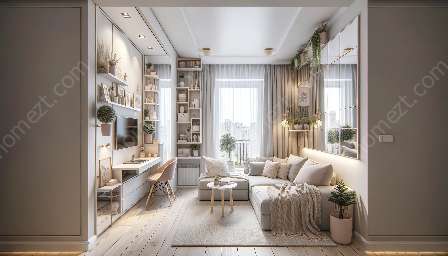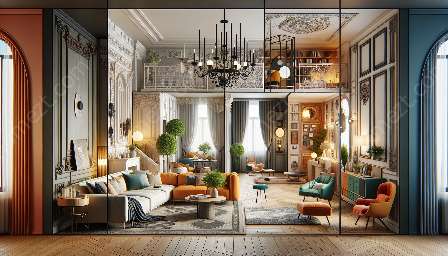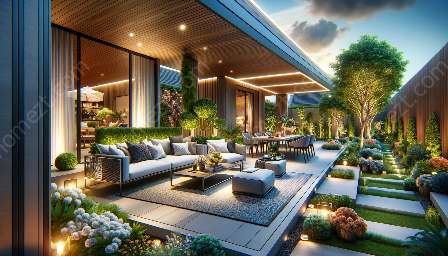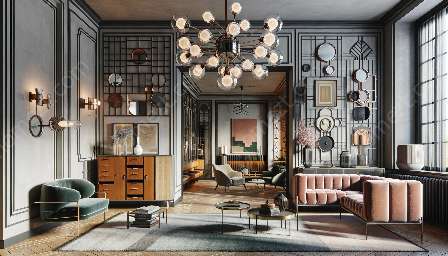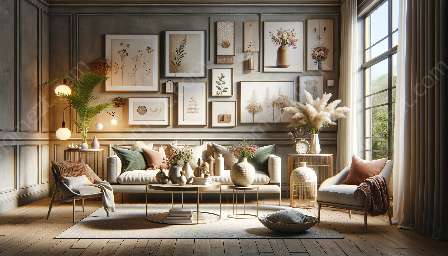In today's society, the use of mirrors for visual enhancement is prevalent in various aspects of life, from personal grooming to interior decoration. While the primary function of mirrors is to provide a reflection of one's physical appearance, their psychological effects go beyond mere visual enhancement. The act of looking into a mirror can have a profound impact on an individual's mental state, self-perception, and overall well-being.
The Psychology Behind Mirror Usage
Mirrors have long been linked to self-awareness and can evoke strong emotional responses when individuals see their reflections. When used for visual enhancement, mirrors serve as a tool for self-evaluation and self-improvement. This can be particularly relevant when considering personal grooming or dressing up to enhance one's appearance. In the realm of interior decorating, mirrors are employed not only for their functional purpose but also for the psychological impact they have on a space and its inhabitants.
Relationship Between Mirror Reflections and Self-Perception
Psychologically, the act of looking into a mirror can significantly influence an individual's self-perception. Studies have demonstrated that one's reflection can shape their self-esteem, body image, and overall confidence. When individuals engage in visual enhancement using mirrors, they are presented with an opportunity to evaluate and modify their physical appearance, leading to potential changes in how they view themselves. This influence on self-perception can have both positive and negative effects, depending on an individual's mindset and the purpose for which the mirrors are used.
The Impacts of Mirror Usage on Confidence and Well-Being
For many people, using mirrors for visual enhancement is an essential aspect of their daily routine. Whether it involves adjusting clothing, applying makeup, or grooming hair, the process of self-reflection in the mirror can have a direct impact on an individual's confidence and emotional well-being. Positive experiences with mirror reflections may boost self-confidence and contribute to a heightened sense of personal satisfaction. Conversely, negative experiences may lead to feelings of dissatisfaction, self-doubt, and even body dysmorphia.
Mirrors in Interior Decorating
When it comes to decorating, mirrors are often strategically placed to serve as focal points, create the illusion of space, and enhance natural light within a room. Beyond their decorative function, mirrors have the ability to influence the psychological ambiance of a space. The reflection of one's surroundings in mirrors can evoke feelings of openness, depth, and symmetry, contributing to a sense of harmony and balance within the environment.
Application of Mirror Psychology in Decorating
Understanding the psychological effects of using mirrors in decorating is essential for creating aesthetically pleasing and emotionally engaging spaces. By strategically placing mirrors to reflect appealing views, artwork, or light sources, designers can not only enhance visual allure but also contribute to the overall atmosphere and mood of a room. Additionally, mirrors can be utilized to create focal points, draw attention to specific elements, and even influence the perceived proportions of a space.
Conclusion
The psychological effects of using mirrors for visual enhancement extend beyond mere reflection and decoration. Whether in personal grooming or interior decorating, the act of looking into a mirror can have profound effects on an individual's self-perception, confidence, and emotional well-being. Understanding the psychological impact of mirror usage is crucial for harnessing its positive influence and mitigating any potential negative effects.

